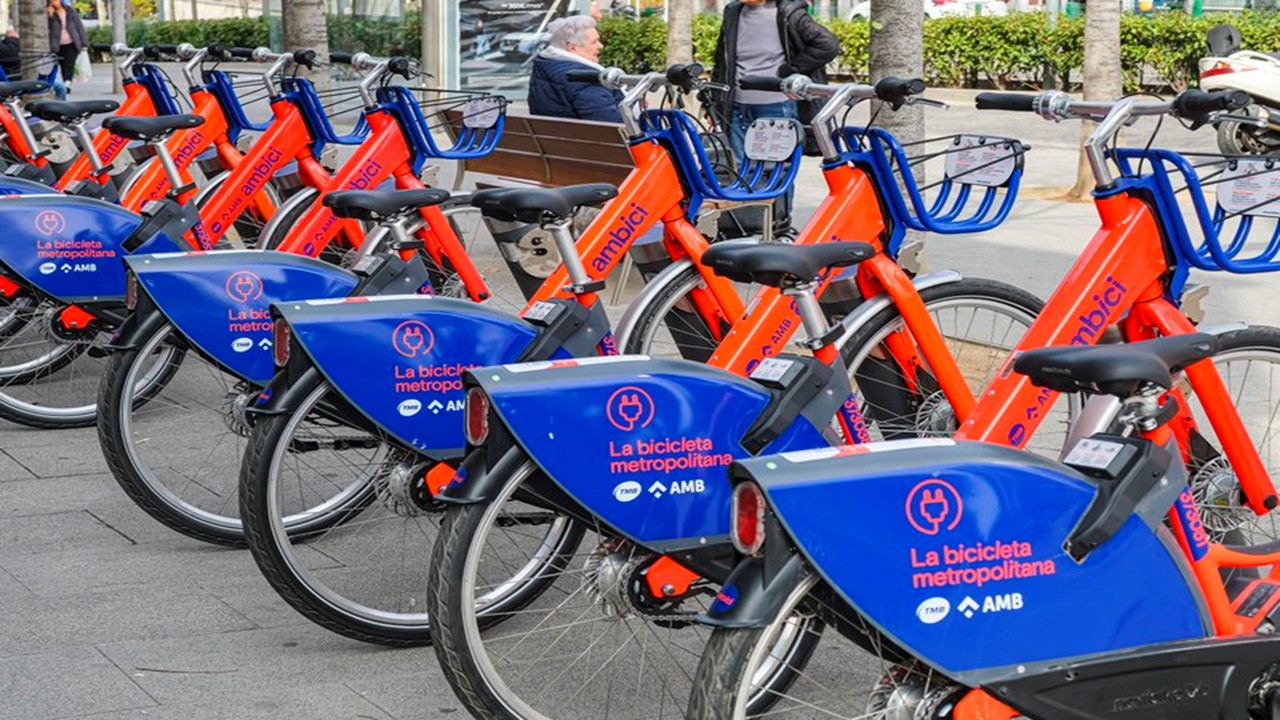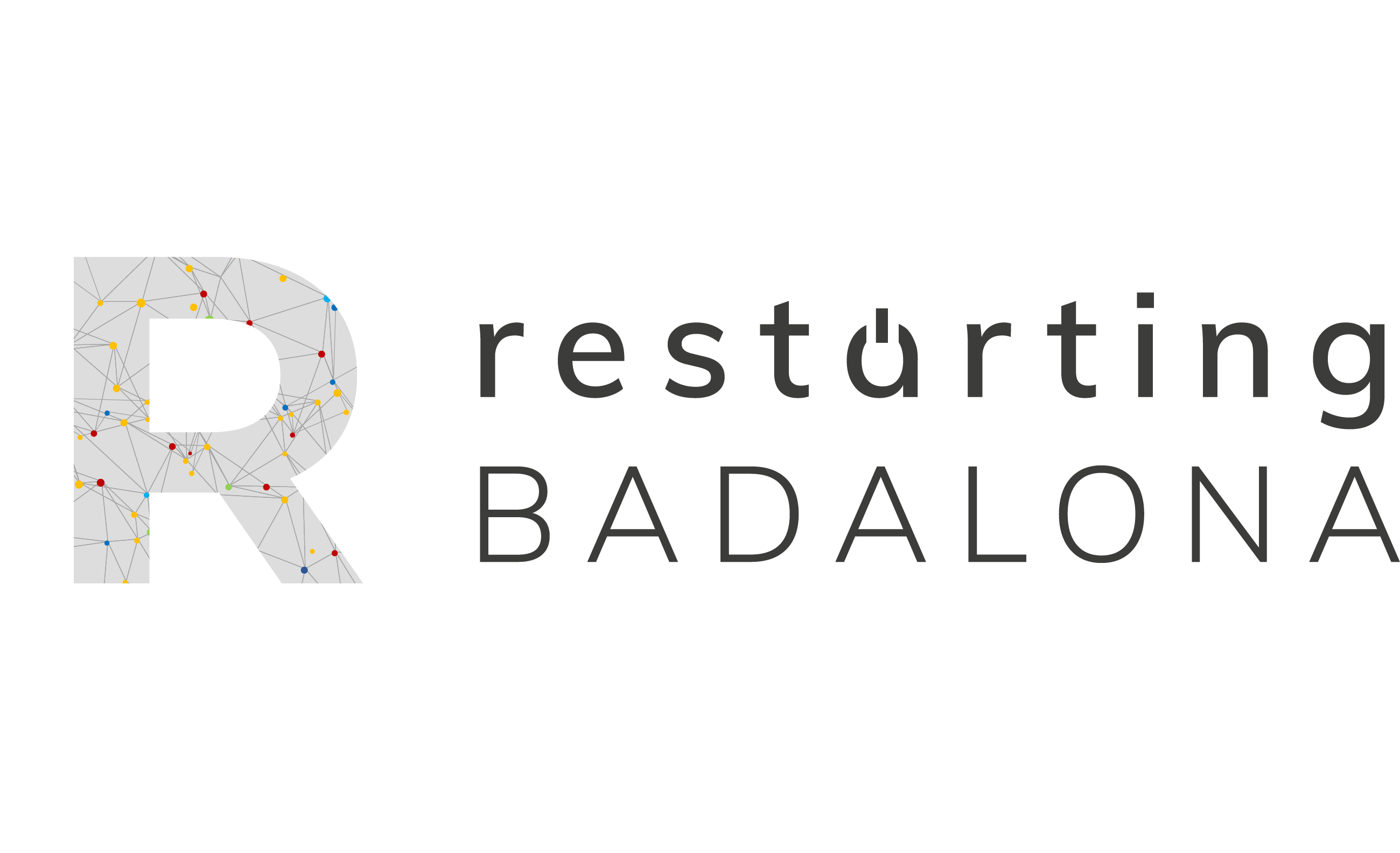
The shared bicycle service that the Barcelona metropolitan area has launched, which arrived in Badalona just before the municipal elections, fails more than a fair shotgun. And I say this, despite, because I subscribed the first day, and because I have used it until, and I’m sorry, it has ceased to be a reliable service. As commuter, which also goes to pedals.
This service has a concessionaire, and a contract until 2028, and the city of Badalona -and all those in the area that have it- pays money during the term of the contract to have it. In our case, €350,000 per year.
When it arrives in 2028, the Bicing contract in Barcelona will also have expired, and it is assumed -and hoped- that the service can be unified and that the metropolitan bicycle can be used in the capital, and vice versa. Now some interchange stations have been put into operation but they are insufficient. The fact is that, although it is incomprehensible to most, with the law in hand, the Bicing contract in Barcelona could not extend beyond the limits of Barcelona.
Thus, the speed with which Barcelona -we remember that Bicing began in the city with Xavier Trias as mayor- has deployed a successful strategy with this transport model contrasts with the slowness and low ambition expressed by the vast majority of the cities that make it crown. It is one of the most important mistakes that these city councils have made, and the initiative of the metropolitan area -where all of them are represented- should be very welcome.
What happens, we said, is that the service has deficiencies. One of the most important is that too many times they are downloaded. And this is because the administrations have been unable to put into service the connections that should allow the loading of the bikes in the stations.
We have a service, people have bet and now for days it is beginning to be noticed that it is precarious
Having electric bicycles that do not have a charging point is one of those absurdities that would make any joke good. This situation means that they have to be loaded into vans that are not prepared to fit the bicycles well, which are crowded together and hitting each other, damaging each day a little more.
Added to the deficiencies of the service, in the case of Badalona, is the fact that, after years of governments of different political persuasions, it has been unable to transform it into a cyclable city. There have been some actions, but not a strategy, a plan, an execution and a follow-up convinced that this was a good model. And it has had to be Ambici who demonstrates that the public is committed, with more than two thousand subscriptions to the service in a couple of months since its launch.
Be that as it may, we have a service, people have opted for it, and for days it is beginning to be noticed that the service is precarious. Of course, his income is too, and I have the impression that the numbers cannot come out in any way. Each bicycle has a cost for the Area of €3,500 per year, with maintenance included, and the investment in stations has been made with European funds. It is quite obvious that with a fee of €25 a year and with no more income because the routes are short, their future without subsidies is complicated. It is true that season tickets can be raised, but then I, as a user, will demand that the stations be electrified, the bicycles available, and the city prepared.
My bet would be to rethink the business model, add value to it (so that you can buy a support to connect the mobile to the browser, for example), and give the municipalities five years of neck to do their part of the work. Citizens, meanwhile, will use it in the hope that the service does not deteriorate much more, because then this bet would be a failure that would only make happy those who do not win elections (yet) in our territory, but who undo the bike lanes and shared mobility services wherever they arrive, to continue betting on the private vehicle and, if possible, diesel.
That those who do not vote do not govern us, and that those of us who vote do not let bets that the majority want to fail. This would be the summary.
Ferran Falcó, president of the Restarting Badalona association



